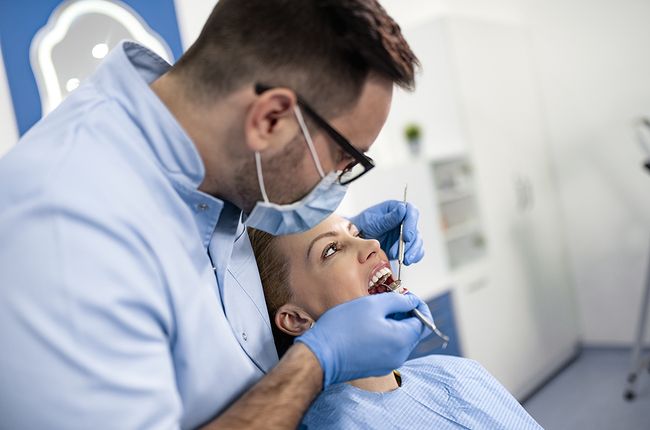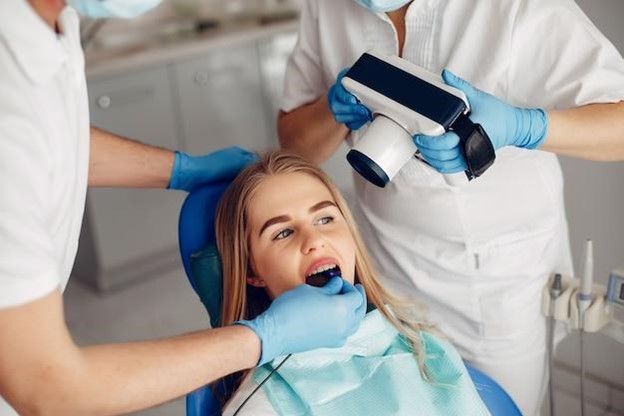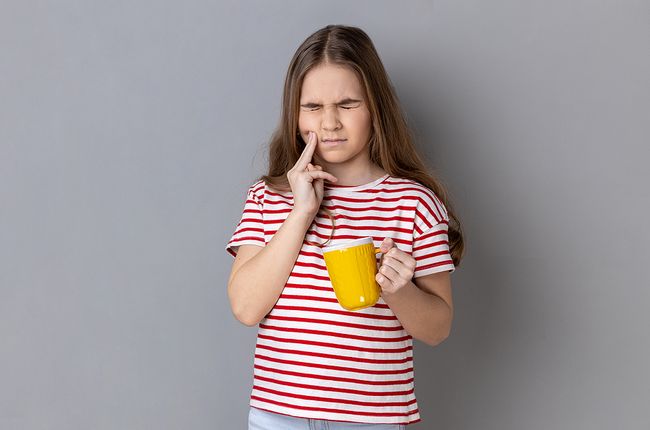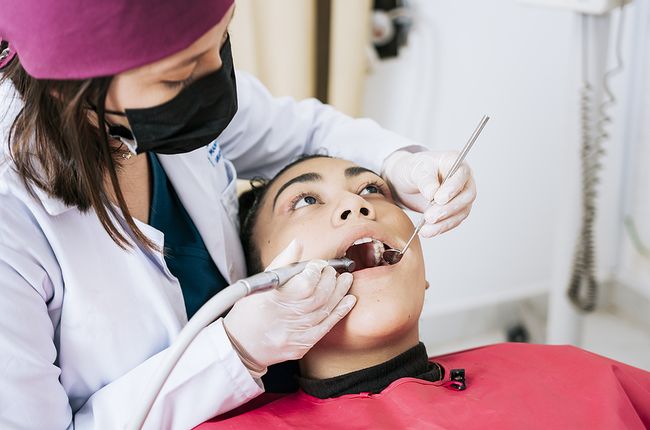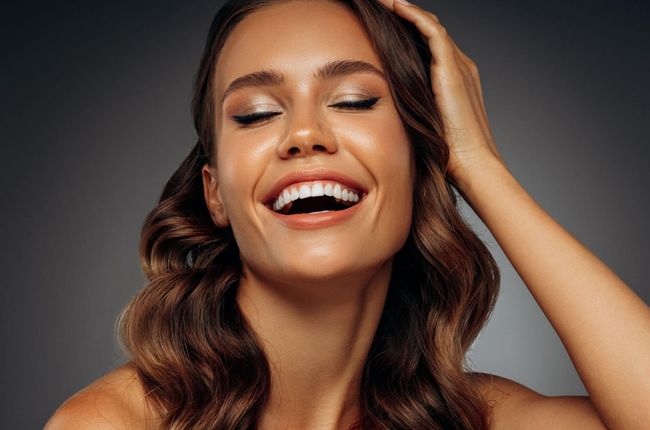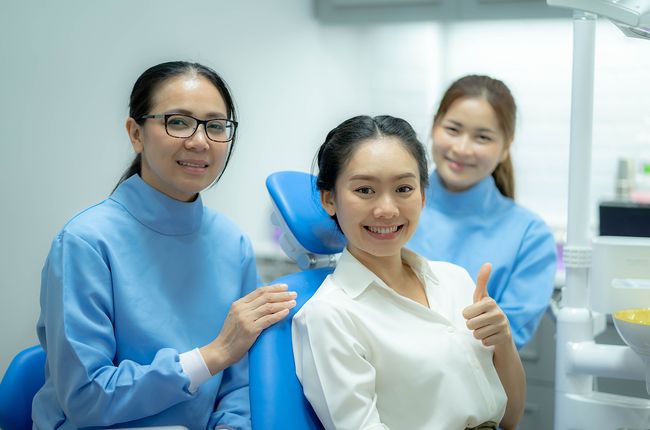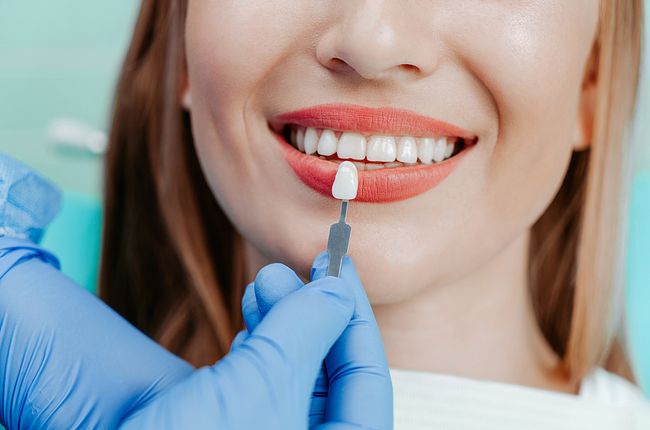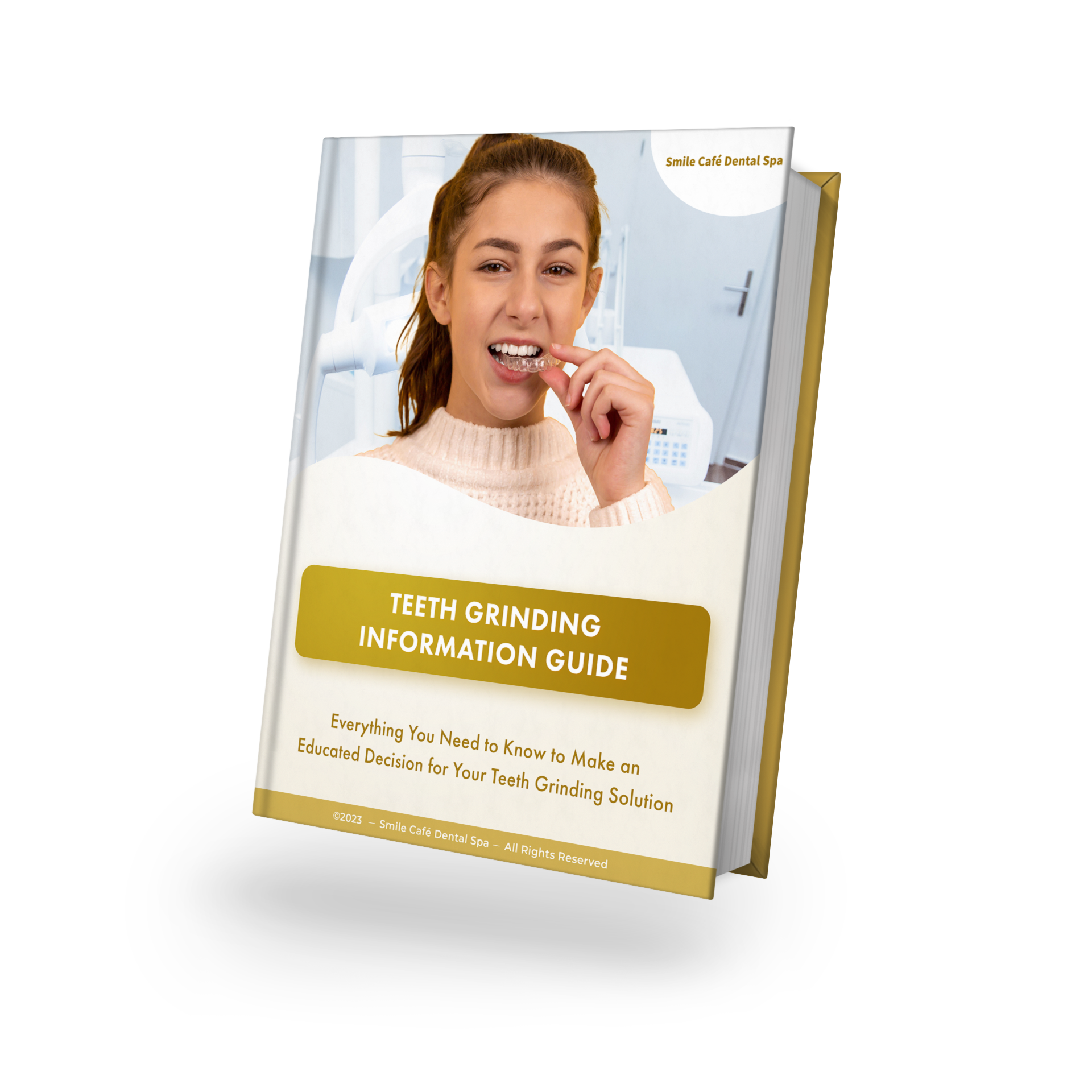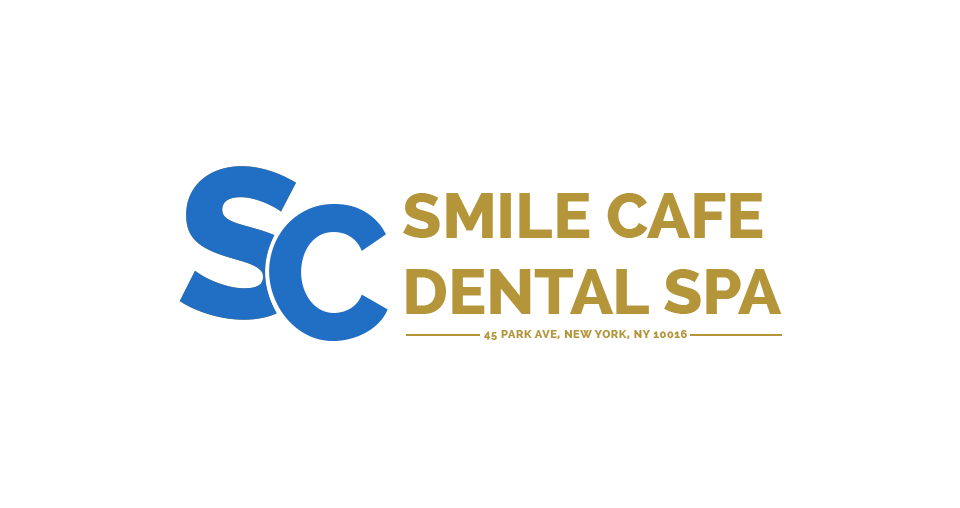Teeth grinding, also known as bruxism, is the unintentional clenching or grinding of teeth. It can happen during the day or night and affect people of all ages. Teeth grinding may be mild and go unnoticed, but in some cases, it can cause severe damage to the teeth and jaw muscles.
There are two types of bruxism: awake bruxism and sleep bruxism. Awake bruxism occurs when a person clenches their teeth while they're awake, often due to stress or anxiety. Sleep bruxism happens during sleep and is more common than awake bruxism.
The exact causes of teeth grinding aren't well understood, but certain factors have been linked to its development. These include stress, anxiety, an abnormal bite alignment (malocclusion), sleeping disorders like sleep apnea or snoring, and medications such as antidepressants or antipsychotics that affect the central nervous system.
If left untreated for a long time, teeth grinding can lead to dental problems such as worn-down tooth enamel, sensitivity in the teeth and gums irritation caused by chewing inside cheeks/lips/tongue while asleep
Causes of Teeth Grinding
Teeth grinding, also known as bruxism, is a condition that affects many people worldwide. Although there isn't always one specific cause for teeth grinding, it is often associated with several factors.
One of the most common causes of teeth grinding is stress and anxiety. People who are experiencing high levels of emotional or psychological stress may find themselves involuntarily clenching their jaw and grinding their teeth together.
Additionally, certain medications, such as antidepressants, can also lead to teeth grinding in some cases. It's important to talk to your doctor if you suspect that your medication could be causing this issue.
Other potential causes of teeth grinding include sleep disorders like sleep apnea and an abnormal bite or missing or crooked teeth. Even dehydration can contribute to bruxism by causing dry mouth and making it easier for the surfaces of the teeth to rub against each other.
It's important to identify the underlying cause(s) of your individual case of bruxism in order to effectively treat it and prevent further damage from occurring.
Effects of Teeth Grinding
Teeth grinding, or bruxism, can have a variety of negative effects on your oral health. One of the most common and noticeable effects is wear and tear on your teeth. Grinding can cause enamel to erode, which exposes sensitive areas and increases the risk of cavities.
In addition to dental damage, teeth grinding can also lead to headaches and jaw pain. The constant clenching and grinding put stress on the muscles in your jaw, which can result in discomfort or even temporomandibular joint disorder (TMJ).
Another potential side effect of teeth grinding is disrupted sleep patterns. Many people grind their teeth at night without realizing it, causing disturbances that may impact the overall quality of sleep.
Chronic teeth grinding can even affect emotional well-being by causing anxiety or depression due to the discomfort and embarrassment associated with this habit.
It's important to seek treatment for teeth grinding in order to prevent these negative effects from impacting both your oral health and overall wellness.
Prevention of Teeth Grinding
Prevention of teeth grinding is possible with a few simple lifestyle changes. Managing stress levels can help reduce the likelihood of teeth grinding, as it is often caused by anxiety and tension. Engaging in relaxation techniques such as yoga or meditation may also be helpful.
Another effective way to prevent teeth grinding is through practicing good sleep habits. This includes getting enough sleep each night, creating a relaxing bedtime routine, and avoiding caffeine before bed.
It's also important to avoid consuming alcohol and tobacco products which have been linked to teeth grinding. Reducing or eliminating these substances from your life can make a significant difference.
Wearing a mouthguard at night can also help prevent further damage to your teeth if you are already experiencing regular episodes of tooth grinding. Consult with your dentist for advice on what type of mouthguard would suit you best.
Prevention methods involve reducing stress levels, improving sleep habits, and making healthier lifestyle choices while consulting with dental professionals for tailored guidance specific to individual circumstances.
Conclusion
Teeth grinding is a common condition that affects people of all ages. While it may seem harmless at first, the effects can be quite serious. From tooth damage to jaw pain and headaches, teeth grinding can cause many problems. Fortunately, there are steps you can take to prevent or reduce teeth grinding.
If you suspect that you or someone you know is suffering from bruxism, it's important to seek professional help as soon as possible. Your dentist will be able to evaluate your case and recommend an appropriate treatment plan.
By maintaining good oral hygiene habits like brushing twice daily and flossing regularly, avoiding caffeine before bed, and reducing stress levels through exercise or relaxation techniques like meditation or yoga – we can reduce our chances of developing this habit.
Remember that prevention is always better than cure when it comes to dental health. So if you've noticed any signs of teeth grinding in yourself or a loved one - don't hesitate! Take action today and protect your smile for years to come.
For the best dental care tailored to your needs, visit Smile Cafe at 45 Park Ave, Professional Unit 1 in New York, NY, 10016, or call (212) 779-3494.
